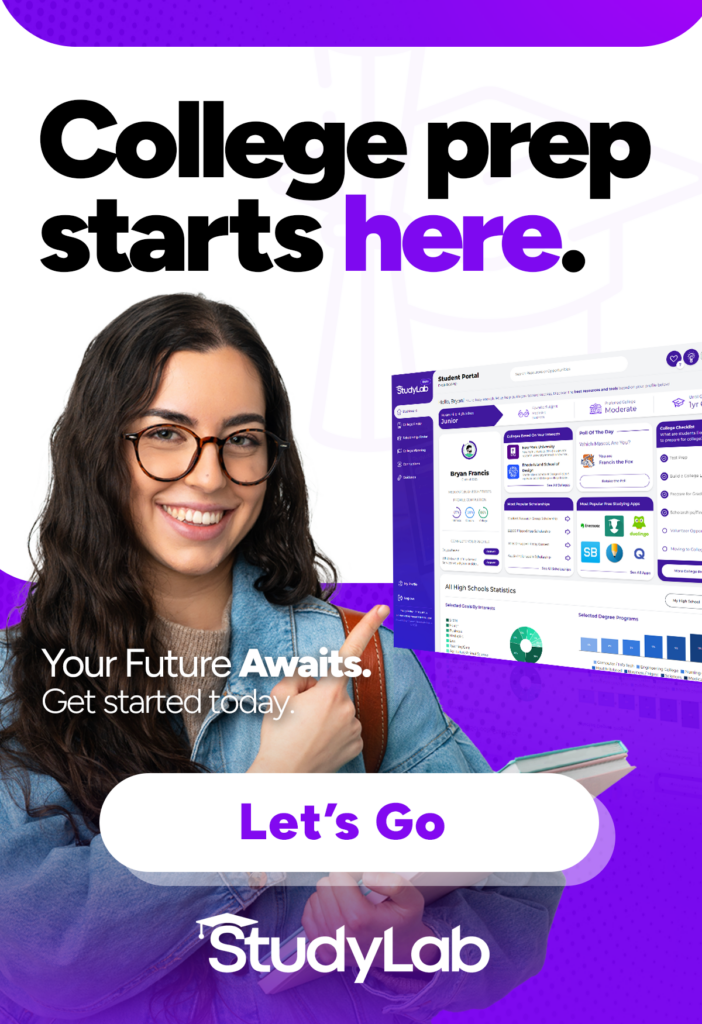Daina, who teaches high school English in Toronto, recently offered some insightful observations on how student attitudes can affect their readiness to make good career decisions and lead better lives.
She shared her views in a new Student Research Foundation video we know you will want to watch.
Here are some edited excerpts of what she had to say . . .
On student readiness . . .
“By the time students reach high school, most of them are curious about the career pathway they are interested in pursuing. Many of them already have an idea of what area of the workforce they’d like their career to be in. As an English teacher, I typically find that students have several prominent attitudes in my classroom. Either my students believe they need the skills that they learn in my class, or they believe that the skills that they need for their future success are in another class – typically a math or science-based course . . . but I’d like to challenge this mindset as we prepare them for the realities of their secondary education.
“Most western curriculum is designed in a way that places emphasis on the academic subject itself, and higher education requirements outline which subjects are needed in order to enter certain career fields. This can be a bit confusing for our students because it might send them the message that mastery in a certain subject area or completing certain courses will translate to success . . . although the real world is not so compartmentalized.
“I’ve taught students who have pursued careers in journalism or business for example but have become more than just journalists or business owners. Along the way, they’ve taken part-time jobs in separate industries like the hospitality or service industry, where skills from their math, science and even language classes have proven useful and have even been deemed necessary for things like safety or customer service.
“Some have traveled to different countries where knowledge about regional or global issues made them feel informed about their surroundings and comfortable speaking to locals. Studying a second or third language in school has helped them lay the foundation for speaking and understanding real people in their future communities.
“There is a third mindset that I sometimes come across in my classroom and that is a student might not feel like they need my class or any of their classes at all. There is a career pathway or pursuit of theirs that they don’t see represented in the subjects they learned at school. This is where I think an emphasis on critical thinking, problem-solving, creativity, and collaboration is important in any career path.”
Thanks to Daina for these Important Observations
We think you will agree that Daina is widening the scope of how students perceive the value of their classroom studies and classes.
Students tend to make assumptions that studying chemistry and biology will only equip them to enter medical professions, for example. Or they assume that studying physics and mathematics will only equip them to become engineers.
Daina is telling us that all the skills that students acquire in high school can be used in a broad array of different careers and professions. Even more importantly, those skills can be used to help students discover careers that will lead to more fulfilling and important lives.
We Invite You to Explore Your Students’ College & Career Options with Us . . .
Students who participate in the National Career & College Pathway Study will gain new insights about making educational decisions that align with their interests, passions, and aptitudes. Participants will receive information on college and career opportunities that match their interests.
Resources
Career and College Planning Lesson Plan
Request study materials for your classroom
Related Posts
Teachers’ Commitment to their Students Was their Strongest Motivation During the Pandemic
Turning Covid into Teachable Moments


